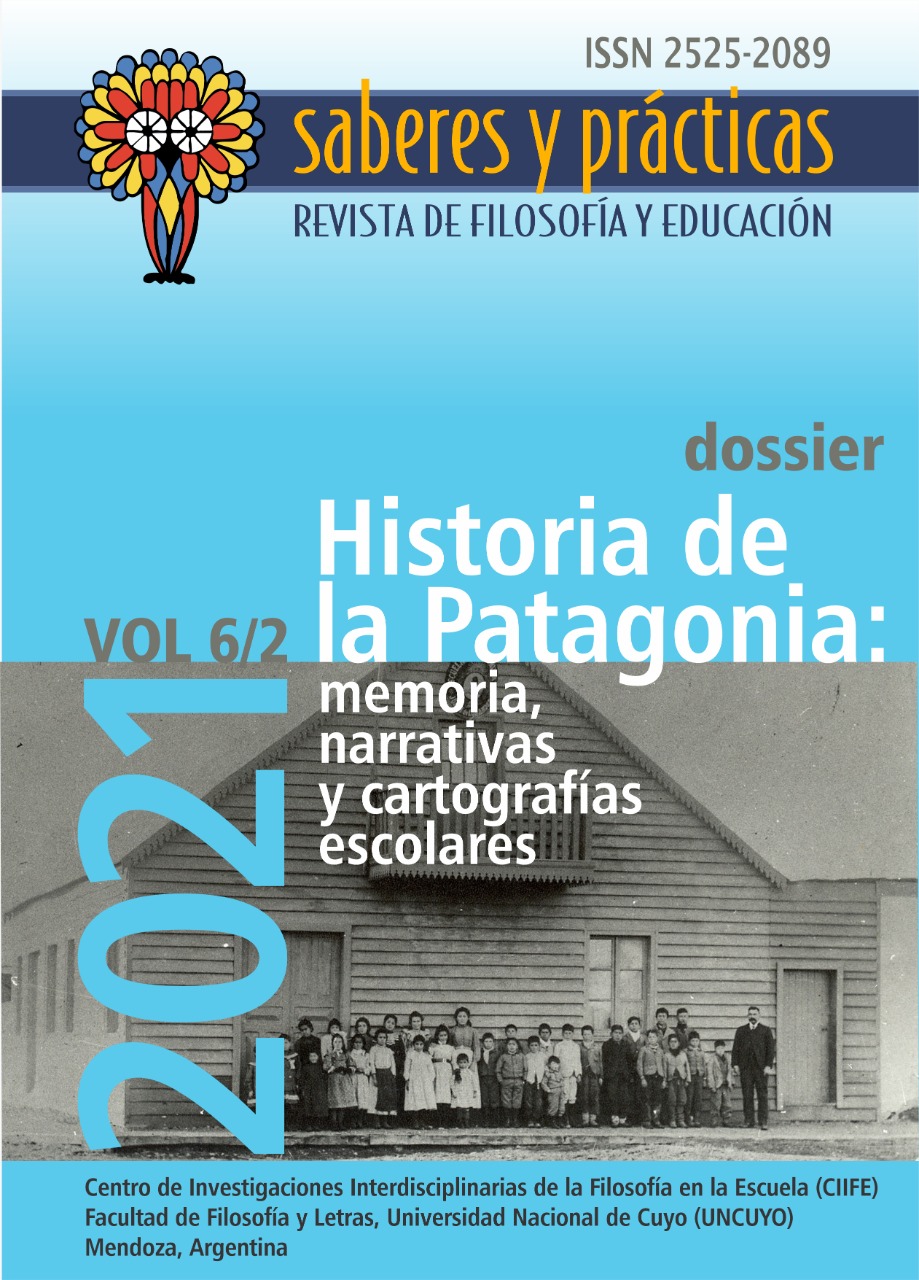Critical Consciousness in Paulo Freire. Notes on the Disruption of the Hegemonic Model of Eurocentric Philosophy
DOI:
https://doi.org/10.48162/rev.36.033Keywords:
Critical consciousness, Categories of consciousness, Dialog, Emancipatory educationAbstract
Paulo Freire was concerned about an education that would cater for the people, who were emerging as political subjects and also from their history, along the democratic openness that Brazil was going through. He made a strategic interpretation of European sources and their tradition. In order to formulate a theory on human beings, he held a critical dialogue with existentialism, Marxism, phenomenology, and the School of Frankfurt. The aim of this work is to analyze the category of critical consciousness in this anthropological model, its implications and links to other key categories within the model.
We propose to carry out this examination by means of dialogues and debates with the central issues of Latin American philosophical thinking, which account for the main emancipatory processes in Latin America, and allow us to disrupt Eurocentrical philosophy. We thus consider that our approach, from the perspective of critical Latin American thinking, will allow for a more comprehensive understanding of one of Freire’s main concerns: the constant struggle for an education that is free of alienation and that respects the “ontological vocation of human beings to be more”.
Downloads
References
Acosta, Y. (2008). Filosofía latinoamericana y democracia en clave de derechos humanos. Nordan-Comunidad.
Fernández Mouján, I. (2011). Los trazos de la escritura de Freire. Tabula Rasa N°14, 11-28. https://revistas.unicolmayor.edu.co/index.php/tabularasa/article/view/1403
Fernández Mouján, I. (2018). La idea de liberación en Paulo Freire. Saberes y prácticas. Revista de Filosofía y Educación, ISSN 2525-2089, Vol. 3. CIIFE, FFyL, UNCUYO https://revistas.uncu.edu.ar/ojs/index.php/saberesypracticas/article/view/1116
Freire, P. (2001). Educación y actualidad brasileña. Siglo veintiuno editores.
Freire, P. (2012). Pedagogía del oprimido. Siglo veintiuno editores.
Freire, P. (2013). La educación como práctica de la libertad. Siglo veintiuno editores.
Freire, P. (2013). Extensión o comunicación. La concientización en el medio rural. Siglo veintiuno editores.
Freire, P. (2015). Pedagogía de la esperanza. Siglo veintiuno editores.
Hinkelammert, F. (2002). El retorno del sujeto reprimido. Universidad Nacional de Colombia.
Marcel, G. (1955). Los hombres contra lo humano. Hachette.
Pardo, R. (2000). Verdad e historicidad. El conocimiento científico y sus fracturas. En Díaz, E. La posciencia: el conocimiento científico en las postrimerías de la modernidad (pp. 37-62). Biblos.
Puiggrós, A. (1991). Democracia y autoritarismo en la pedagogía argentina y latinoamericana. Editorial Galerna.
Ramaglia, D. (2020). Reflexiones en torno al pensamiento latinoamericano y sus motivos fundamentales. En
Ramaglia, D. y Silveira, R. (Orgs.). Miradas filosóficas sobre América Latina (pp. 11-32.). RS: Editora Fi
Roig, A. (1981). Teoría y crítica del pensamiento latinoamericano. Fondo de Cultura Económica.
Roig, A. (2011). Rostro y filosofía de nuestra América. Edición corregida y aumentada. Una Ventana.
Published
How to Cite
Issue
Section
License
License
This work is licensed under a Creative Commons Attribution-NonCommercial-ShareAlike 2.5 Argentina License.





















